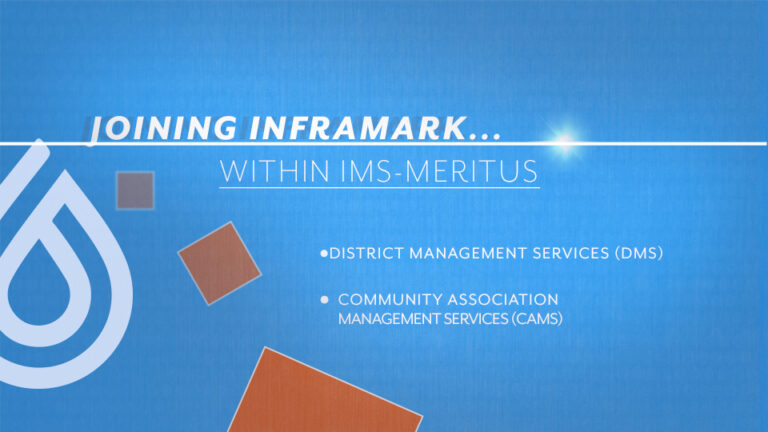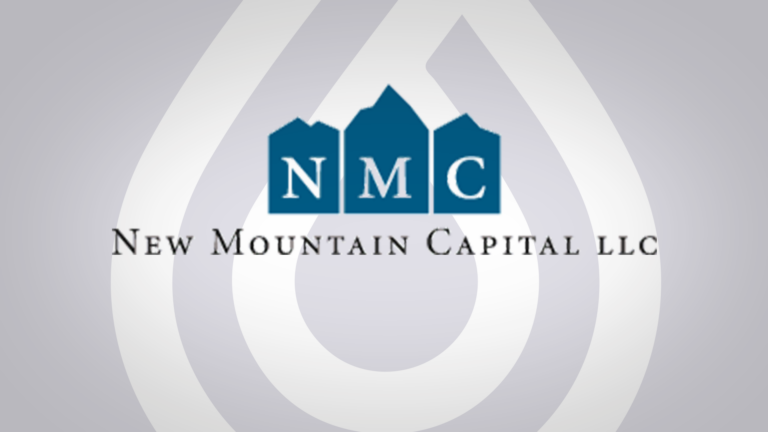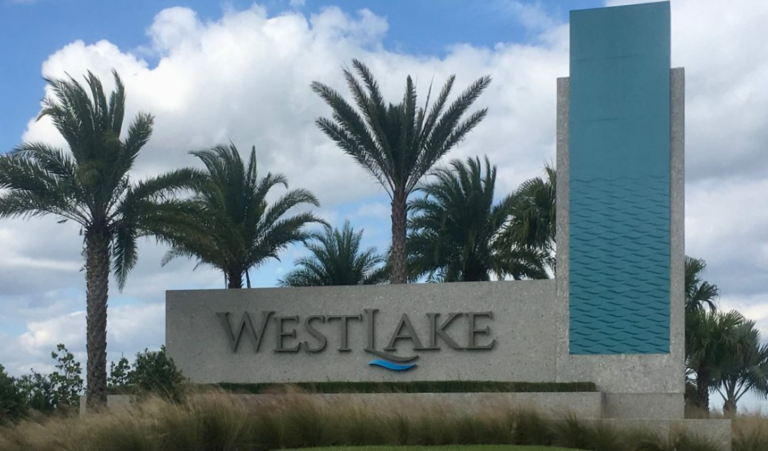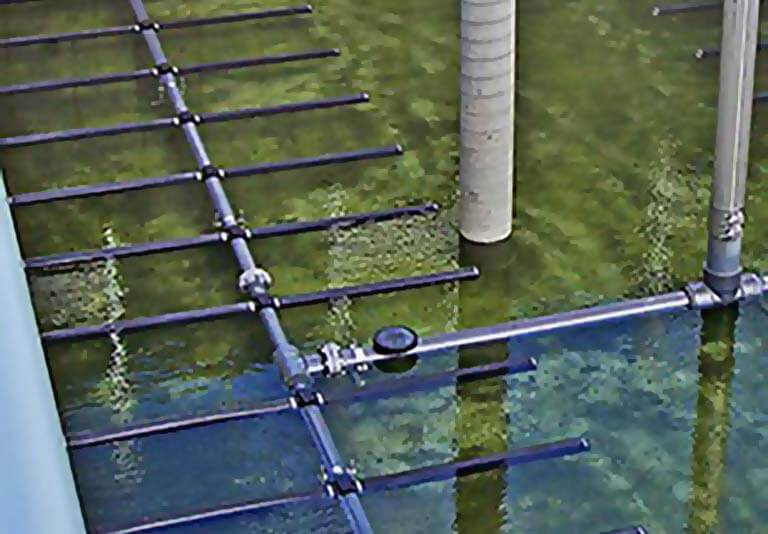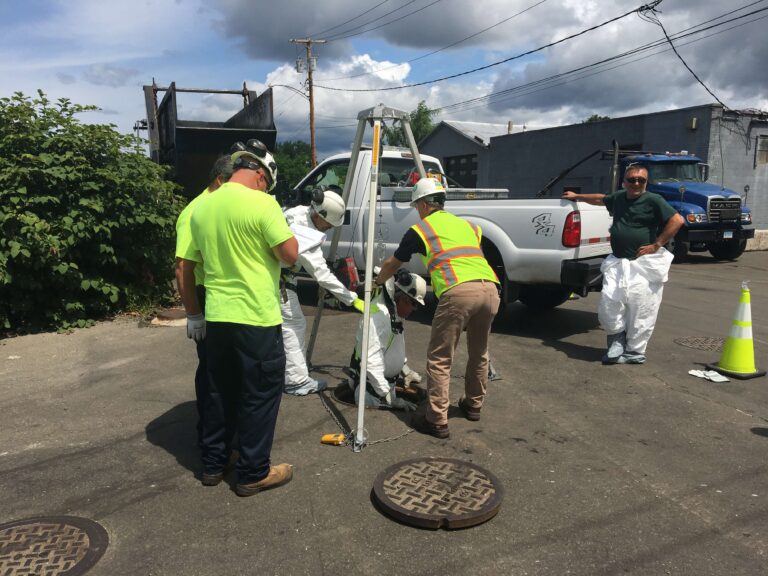Accountability 101: Compliance Is Never an Option, Especially Now
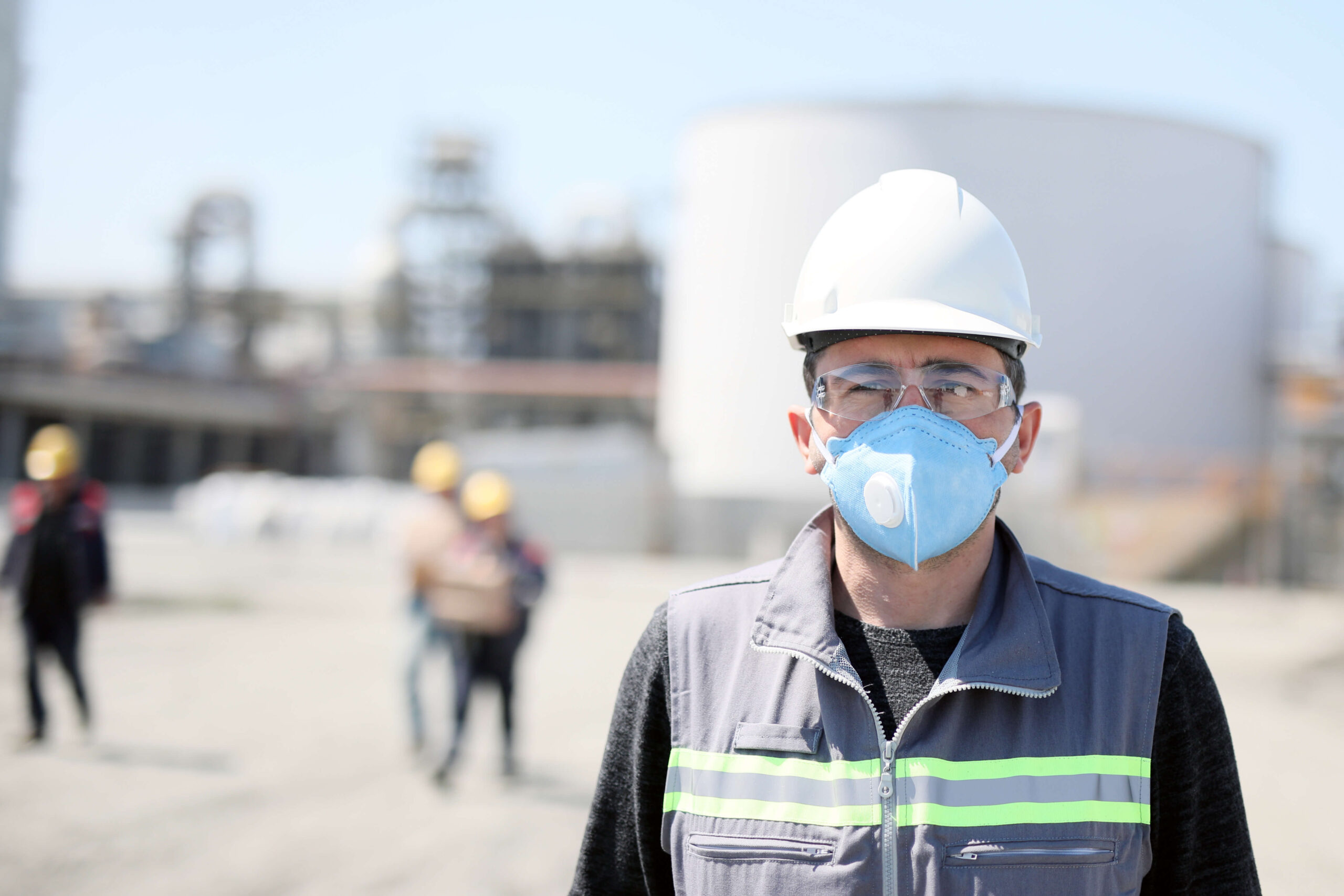
Marcia Reuben, VP of Compliance & Quality
Now, more than ever, the eyes of the nation are on the safety of our water supplies. As essential workers during this pandemic, we are facing some unprecedented challenges to continue meeting all the regulatory requirements for our drinking water and wastewater facilities. Our state regulators and the Environmental Protection Agency (EPA) understand the challenges we face and will work with us during this time, but we need to do everything reasonably possible to remain in compliance.
This is a time when our key value of Accountability is of utmost importance. We need to be accountable to ourselves, our families, our clients, and our communities. We also need to be accountable to our regulators and this means continuing to meet our regulatory and permit requirements, even in this challenging time.
The most important step you can take to be accountable and help your project stay in compliance is to remain healthy. Your health and the health of your families during this pandemic are of vital importance. Please remember to take the same social distancing measures and protections at home as you do at work to ensure you and your family remain safe so you don’t unknowingly bring the coronavirus into the workplace.
Additionally, you can take steps to be prepared to deal with some of the unique challenges you may face due to COVID-19.
- Contact your outside laboratories and ensure they have staff available to analyze your samples and can return results to you on a timely basis. Have a back-up plan in case your lab does experience a problem. If you don’t know where to find a back-up lab, check your state website, the National Environmental Laboratory Accreditation Program (NELAP) website or the EPA website for links to a list of certified labs.
- Check your sample sites to be sure you can access all your required samples. If you have concerns about the safety of a sample location due to COVID-19, contact your state regulator. In some cases, states have already issued guidance on selecting alternate sites, particularly for routine total coliform samples.
- If you are due to collect lead and copper samples this quarter, think about deferring sample collection at least for the next few weeks. Keep in mind that if we are responsible for lead and copper samples, we should not be entering customers’ homes. The protocol is to leave the sample kit with instructions at the door and pick it up after the customer collects the sample. Even so, the process involves multiple people handling the sample kit, so workers should wear gloves when handling the samples.
- Our Procurement team has been working hard to ensure you have adequate personal protective equipment (PPE), chemicals, and other supplies, but some items are in high demand and even if there are adequate supplies, transportation and logistics may keep them from reaching you. Continue to communicate any needs to Procurement. Also, if you are purchasing lab supplies, be sure you are checking expiration dates on your test kit and standards before using them.
Finally, documentation of any COVID-19 related issues and the specific COVID-19 cause is extremely important. This documentation will be needed to justify any noncompliance to your state regulators. Communicate these issues to your regulators as early as possible, following the communication channels that they have outlined.
We are here to support you and help you address any compliance issues that might occur during this time. Don’t hesitate to contact our Compliance or Legal teams if you have any questions or concerns.
Be accountable. Be prepared. Reach out for help if you need it.
